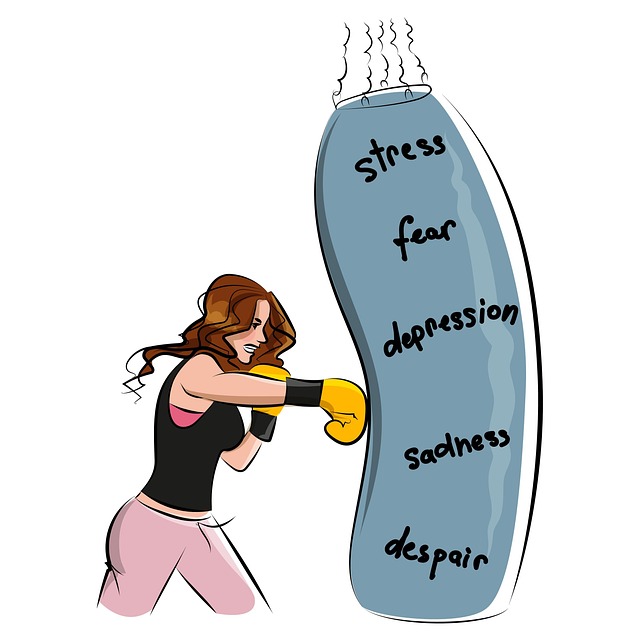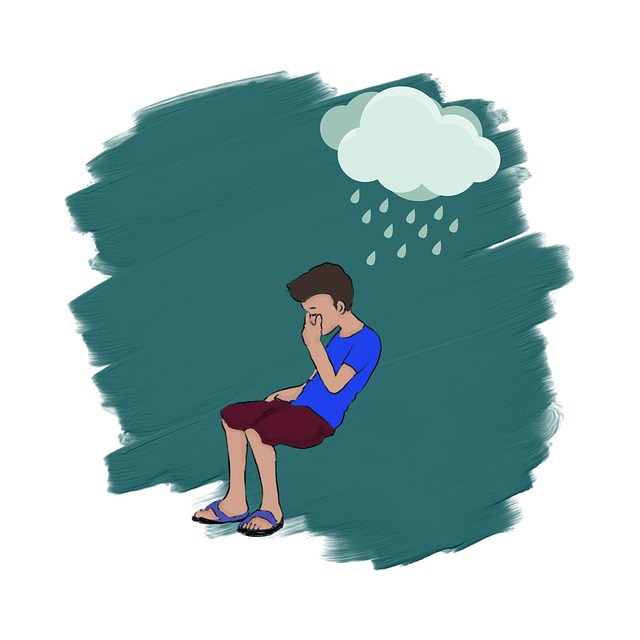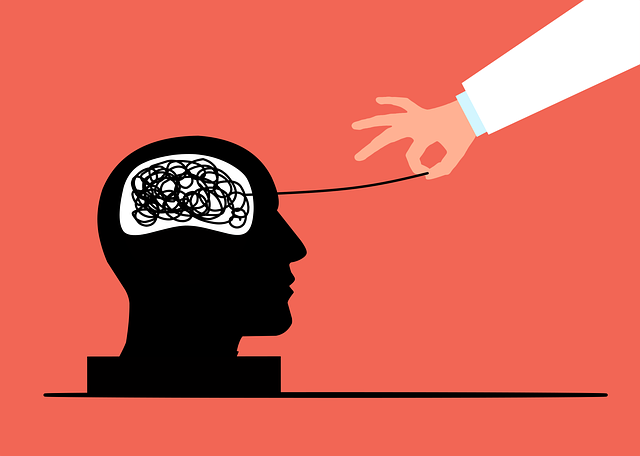Mental Health Crisis Hotlines provide 24/7 support for elders in emotional distress, offering crisis intervention, cultural competency training, and connections to care, including trauma therapy. These services address the profound impact of trauma on aging individuals, who may be more vulnerable due to diminished brain healing capacity and social isolation. By facilitating emotional regulation and access to resources like support groups and stress management workshops, hotlines build resilience and belonging. Therapy, tailored to seniors' needs and often affordable or free through community centers, empowers them to process traumas and improve mental wellness, enhanced by journaling exercises.
Mental health crisis hotline support services are a vital resource for elderly individuals experiencing trauma. In this article, we explore Understanding Mental Health Crisis Hotlines and their crucial role in assisting elders navigating traumatic events. We delve into The Impact of Trauma on Elderly Populations, highlighting the significance of hotline support in mitigating its effects. Additionally, we provide a comprehensive guide on Accessing and Utilizing Therapy Services tailored for elderly folks, offering practical steps to secure much-needed therapy for trauma.
- Understanding Mental Health Crisis Hotlines: A Vital Resource for Elders
- The Impact of Trauma on Elderly Populations and the Role of Hotline Support
- Accessing and Utilizing Therapy Services: A Guide for Elderly Individuals Experiencing Trauma
Understanding Mental Health Crisis Hotlines: A Vital Resource for Elders

Mental Health Crisis Hotlines serve as a vital resource for elders experiencing acute emotional distress or mental health crises. These 24/7 services provide immediate support, offering listening ears and guidance to navigate turbulent situations. Trained professionals on the other end of the line can assess the elder’s needs, offer crisis intervention strategies, and connect them with appropriate care, including therapy for trauma.
In addressing the unique challenges faced by elders, including potential cultural barriers, these hotlines often incorporate Healthcare Provider Cultural Competency Training to ensure inclusive and empathetic support. Community Outreach Program Implementations targeting older adults can also raise awareness about these services, encouraging use when needed. Additionally, practices like Mindfulness Meditation may be recommended as part of a holistic approach to mental health management during crises.
The Impact of Trauma on Elderly Populations and the Role of Hotline Support

The impact of trauma on elderly populations is a profound and often overlooked aspect of mental health. As individuals age, they may bear the weight of significant life events, including war, natural disasters, or personal losses, which can lead to complex psychological effects. The brain’s ability to heal from trauma diminishes with age, making elders particularly vulnerable to conditions like post-traumatic stress disorder (PTSD). This is further compounded by the isolation and social disconnection that often comes with aging, exacerbating feelings of loneliness and anxiety.
Hotline support services play a pivotal role in addressing these challenges. Specialized mental health crisis hotlines offer immediate assistance tailored to the unique needs of older adults. Through empathetic listening and evidence-based interventions, these services facilitate emotional regulation and stress management. Moreover, they can connect elders with valuable resources like therapy for trauma, as well as refer them to support groups or community-based programs focusing on improving mental wellness. Additionally, organizations producing mental wellness podcast series and hosting stress management workshops specifically designed for older adults contribute significantly to building resilience and fostering a sense of belonging among this demographic.
Accessing and Utilizing Therapy Services: A Guide for Elderly Individuals Experiencing Trauma

Accessing therapy can be a powerful tool for elderly individuals navigating trauma, offering a safe space to process emotions and regain a sense of control. The first step is recognizing the need for support and understanding that seeking help is a sign of strength. Many older adults may face barriers to accessing therapy, such as transportation issues or concerns about cost, but there are various resources available to overcome these obstacles. Community mental health centers often provide affordable or free counseling services tailored to seniors’ unique needs.
Guiding oneself through the process starts with reaching out to local healthcare providers or community organizations that can offer guidance and connect individuals with qualified therapists. Building a therapeutic alliance is crucial, so taking time to find a practitioner who specializes in trauma work and understands the aging experience is essential. Empathy-building strategies and effective communication techniques learned through therapy sessions can empower seniors to process their traumas effectively while fostering improved relationships and overall mental wellness, as supported by journaling exercises.
Mental health crisis hotline support services play a pivotal role in providing immediate assistance and guidance to elderly individuals experiencing trauma. By offering accessible, confidential, and non-judgmental support, these hotlines empower elders to navigate their emotional crises and seek appropriate therapy for elders trauma. With proper utilization, hotline services can be life-saving, ensuring that no elder faces their struggles alone. Accessing these resources is a crucial step towards fostering mental well-being and promoting healing among our aging population.








